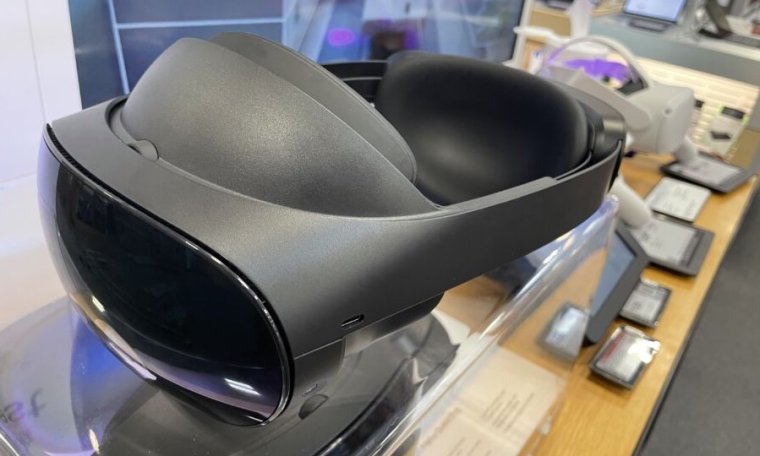
Meta will open up the operating system that runs on its Quest mixed reality headsets to other technology companies, it announced today.
What was previously simply called Quest software will be called Horizon OS, and the goal will be to move beyond the general-use Quest devices to more purpose-specific devices, according to an Instagram video from Meta CEO Mark Zuckerberg.
There will be headsets focused purely on watching TV and movies on virtual screens, with the emphasis on high-end OLED displays. There will also be headsets that are designed to be as light as possible at the expense of performance for productivity and exercise uses. And there will be gaming-oriented ones.
The announcement named three partners to start. Asus will produce a gaming headset under its Republic of Gamers (ROG) brand, Lenovo will make general purpose headsets with an emphasize on “productivity, learning, and entertainment,” and Xbox and Meta will team up to deliver a special edition of the Meta Quest that will come bundled with an Xbox controller and Xbox Cloud Gaming and Game Pass.
Users running Horizon OS devices from different manufacturers will be able to stay connected in the operating system’s social layer of “identities, avatars, social graphs, and friend groups” and will be able to enjoy shared virtual spaces together across devices.
The announcement comes after Meta became an early leader in the relatively small but interesting consumer mixed reality space but with diminishing returns on new devices as the market saturates.
Further, Apple recently entered the fray with its Vision Pro headset. The Vision Pro is not really a direct competitor to Meta’s Quest devices today—it’s far more expensive and loaded with higher-end tech—but it may only be the opening volley in a long competition between the companies.
Meta’s decision to make Horizon OS a more open platform for partner OEMs in the face of Apple’s usual focus on owning and integrating as much of the software, hardware, and services in its device as it can mirrors the smartphone market. There, Google’s Android (on which Horizon OS is based) runs on a variety of devices from a wide range of companies, while Apple’s iOS runs only on Apple’s own iPhones.
Meta also says it is working on a new spatial app framework to make it easier for developers with experience on mobile to start making mixed reality apps for Horizon OS and that it will start “removing the barriers between the Meta Horizon Store and App Lab, which lets any developer who meets basic technical and content requirements release software on the platform.”
Pricing, specs, and release dates have not been announced for any of the new devices. Zuckerberg admitted it’s “probably going to take a couple of years” for this ecosystem of hardware devices to roll out.




















+ There are no comments
Add yours